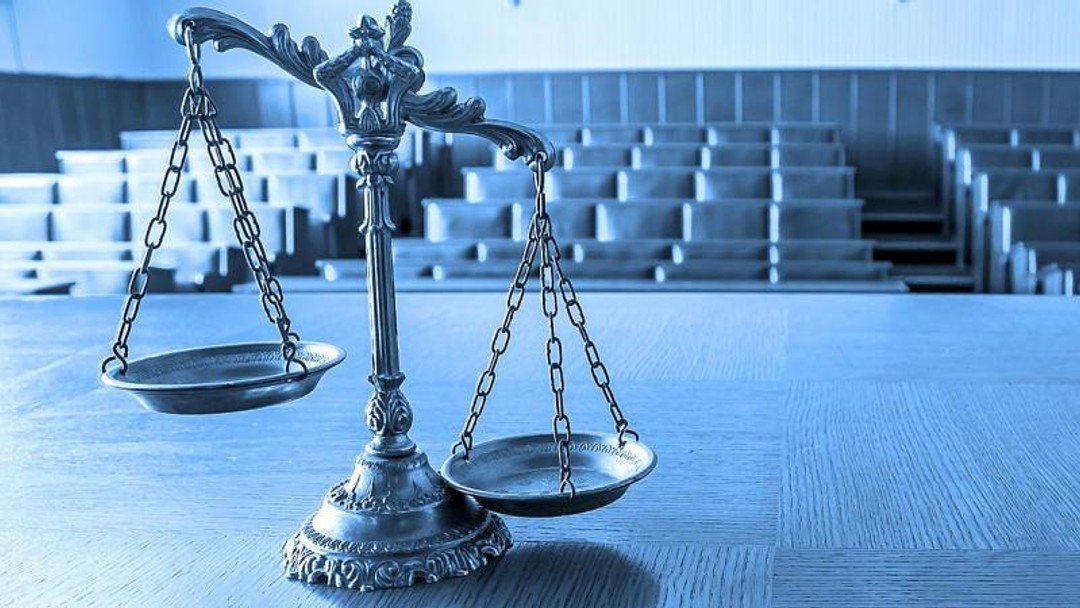The reality of DPAs

By
The courts are taking an increasingly broad approach to satisfy the interests of justice criteria for deferred prosecution agreements, writes Lisa McKinnon-Lower
While they were historically a feature only of the US criminal justice system, schedule 17 of the Crime and Courts Act 2013 introduced deferred prosecution agreements (DPAs) into the UK legal system as a mechanism to deal with corporate liability.
The principle reason was the difficulty in prosecuting these types of cases, coupled with the length of time the investigation and prosecution would take and therefore the costs involved. It was also hoped that the introduction of DPAs might encourage cooperation between organisations and authorities by incentivising them to self-disclose wrongdoing and lead to swifter outcomes, including restitution for the victims.
Since the Act came into force, four DPAs have been approved by the court, including one agreed recently between the Serious Fraud Office (SFO) and Tesco (after this article was written). It is fair to say that the factual background and circumstances pertaining to each vary significantly and show an increasingly broad approach in terms of satisfying the interests of justice criteria.
The third DPA was approved by Sir Brian Leveson earlier this year between the SFO and Rolls-Royce. The agreement – a fine totalling £497.25m, plus interest and costs to the SFO estimated at approximately £13m – is by far the highest financial settlement against a company for criminal conduct in the UK to date.
Financial penalty
Despite the value of the penalty, the precedent this sets is not all doom and gloom for companies. Rolls-Royce did not self-report and only cooperated once the SFO had approached it. Although in both SFO v Standard Bank and SFO v XYZ, Sir Brian Leveson placed significant importance on the fact that both companies had voluntary self-disclosed, this recent decision clearly confirms that this is not a pre-requisite and suggests that a corporation’s willingness to cooperate is the primary consideration.
The Rolls-Royce indictment also displays a much greater level of offending. In Standard Bank, for example, the allegations concerned the company’s failure to prevent bribery by its subsidiary and the indictment spanned a period of less than one year. By contrast, the Rolls-Royce indictment spans three decades, seven countries, and three different business sectors, and evidence from the internal investigation suggests corruption at the level of senior management.
In XYZ, Sir Brian Leveson approved a one-third discount in the financial penalty as provided for in DPA guidelines. In SFO v Rolls-Royce, in addition to the one-third discount, he also approved a further 16.7 per cent discount which cumulatively amounts to a 50 per cent discount in terms of the overall financial penalty. The overriding reason for approving the DPA and finding that the interests of justice criteria had been met was ‘the extraordinary cooperation’ by the company.
Interests of justice?
While companies may be encouraged by this decision, many may feel that in the circumstances and given the level of offending, the interests of justice could only be served by pursuing corporate prosecution.
To a certain extent it is difficult to disagree with this, until you consider the practicalities of doing so. Investigations are difficult and lengthy, and any trial would be fraught with legal issues, the most common being the need to establish ‘intention’, making it difficult to bring a prosecution, let alone ensure a conviction.
This must also be balanced against the inevitable loss of reputation caused to the business, and assuming there is a conviction, potential debarment from procurement. Both of these individually could cause the company to fail and mean many innocent employees losing their jobs, as was the case with Arthur Anderson.
Furthermore, unlike in the US, SFO director David Green has made it clear that a DPA will not buy immunity from prosecution for any individual employees responsible for any wrongdoing.
So while some may view DPAs as a mechanism by which corporations can buy their way out of criminal liability, the reality is that in most of these cases, and without the assistance or cooperation of the company undertaking a comprehensive internal investigation, corporate prosecution would be unlikely. In the absence of DPAs, therefore, a lot of companies would never be held to account nor their victims ever compensated.
Clearly, when drafting this legislation the government believed that there would be some circumstances in which a DPA would not be in the interests of justice, and in due course we will no doubt see examples of this. Although there is no such thing as a perfect system, particularly in terms of corporate liability, a DPA may be the only realistic form of justice (both in terms of punishment of the perpetrator and compensation for the victim) that is available.
Lisa McKinnon-Lower is an associate solicitor at Byrne and Partners
www.byrneandpartners.com